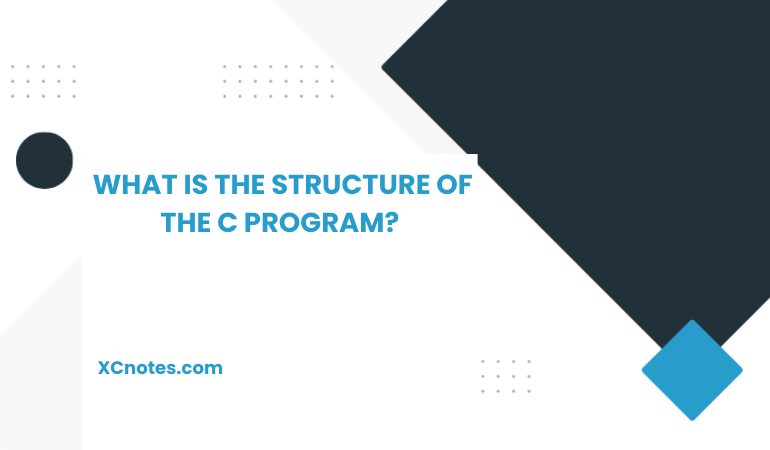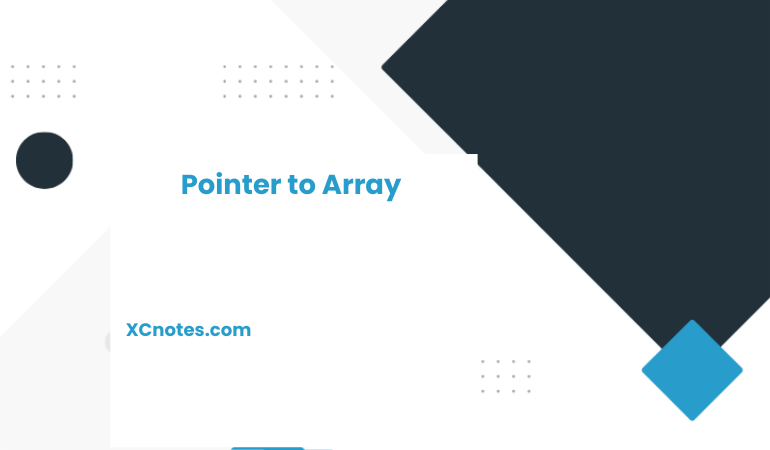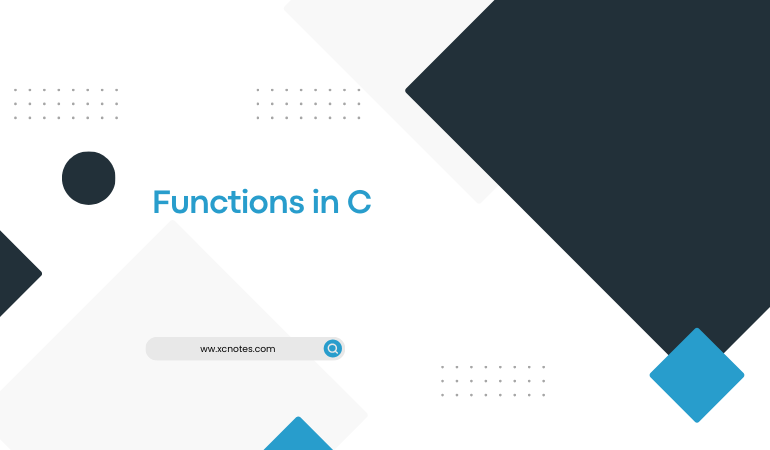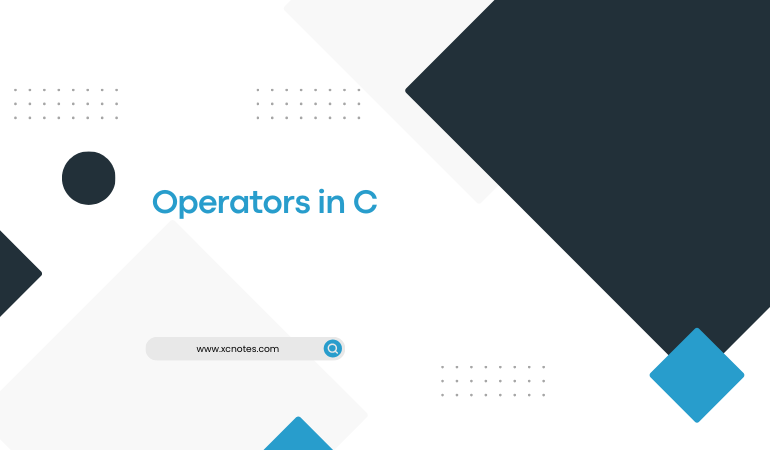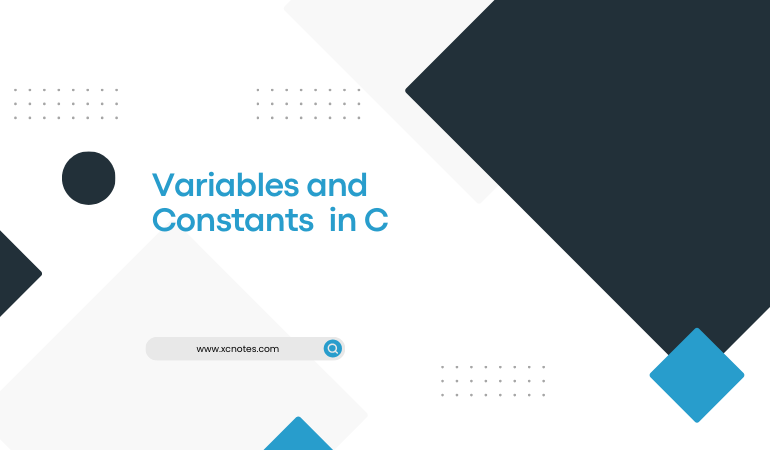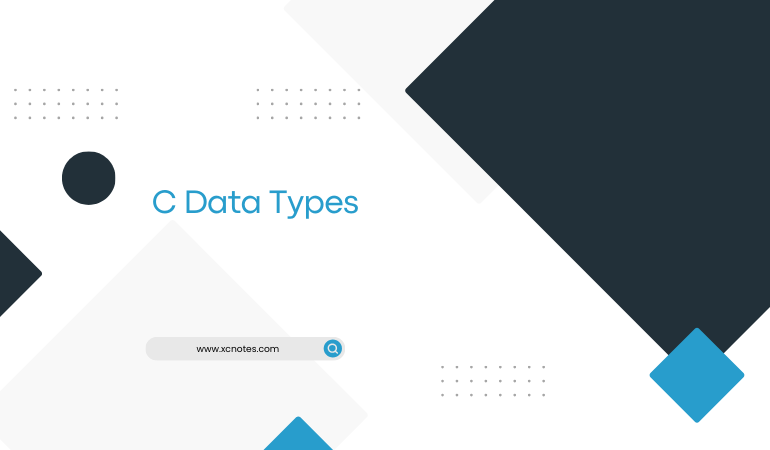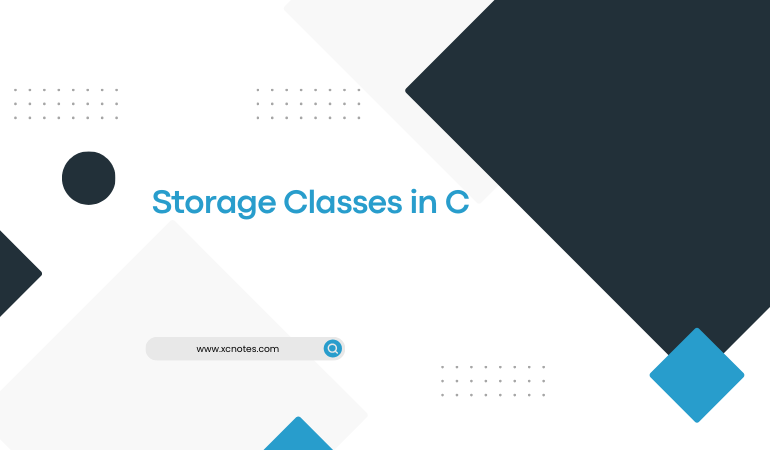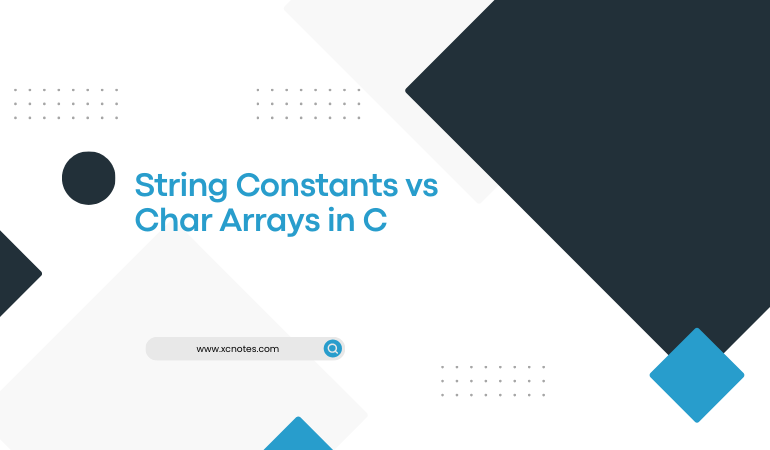How to draw different shapes in C programming?
Using Graphics, we can draw geometric figures like circles, lines, ellipses, bars, etc. In this, we set the coordinates like leftt,top, right,bottomm.Graphics.h library is used for graphics (initgraph method). C program to draw shapes using graphics #include<graphics.h> #include<conio.h> main() { int gdd = DETECT,gmm,leftt=100,topp=100,rightt=200,bottomm=200,xx= 300,yy=150,radiuss=50; initgraph(&gdd, &gmm, “C:\\TC\\BGI”);//initialization of graphics rectangle(leftt, topp, rightt, bottomm); circle(xx, yy, … Read more


